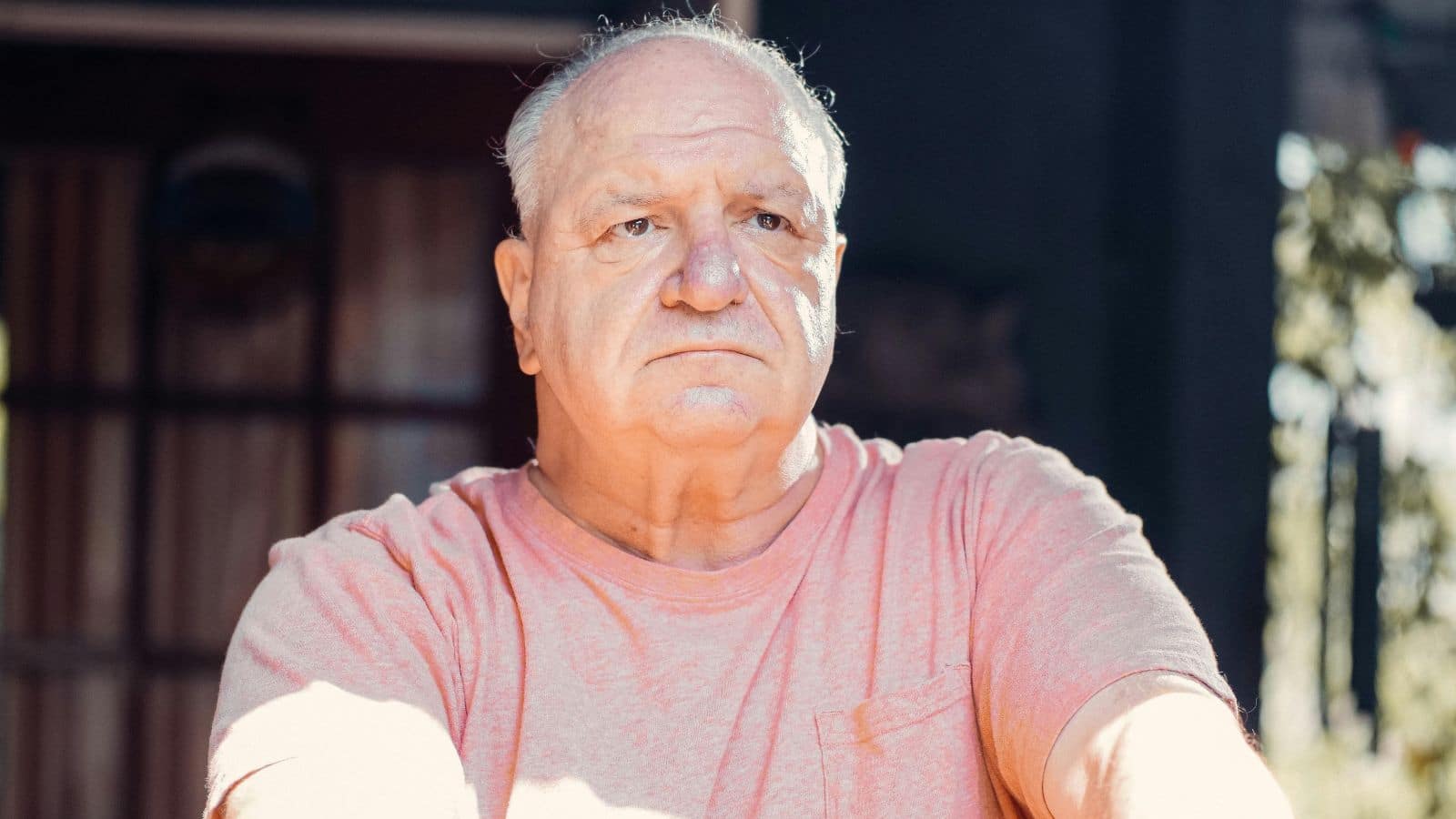Retiring in an RV sounds like a dream: no neighbors, no yard work, and every day brings a new view. You get to chase the sun, visit grandkids across state lines, and finally hit all those national parks you’ve bookmarked for years.
But for all the freedom and thrill, there are some serious bumps in the road. RV life isn’t just beach chairs and campfires. If you’re considering it, you’ll want to know the downsides, and more importantly, how to prepare for them.
Limited Access to Healthcare

RV retirement often means traveling through remote areas or small towns. In these places, getting urgent care or specialist services can take hours of driving. Full-time RV retirees often experience delayed medical treatment due to distance from providers. That’s risky if you manage chronic conditions. If RV living is your goal, keep a detailed medical plan, refill prescriptions early, and know where the nearest hospitals are at each stop.
Constant Maintenance and Repairs

RVs are homes on wheels, which means double the wear and tear. Things break. Often. Whether it’s a busted water heater or a leaky roof, you’re the landlord now. Routine RV maintenance averages $1,410 per year, says Experian. And that doesn’t count unexpected repairs. Before hitting the road, learn basic troubleshooting. YouTube is helpful, but having a reliable mobile mechanic in your contact list is even more so.
Fuel Costs Can Add Up Quickly

RVs don’t sip fuel, they guzzle it. A Class A motorhome might get only 6 to 10 miles per gallon. That adds up fast, especially if you move around a lot. According to a report, fuel is one of the most significant monthly expenses for full-time RVers. If you’re living on a fixed income, plan your routes wisely and stay longer at each site. Apps like GasBuddy can help you find cheaper fuel stations along your path.
Limited Personal Space

Even the biggest RV can feel cramped. You’re living in about 200 to 400 square feet, sometimes with a partner or pet. Privacy? Forget it. You’ll need patience and good communication. If you are a couple, you have to master the art of giving each other space, even when there isn’t any. Some days, a walk around the campground might be the only way to cool off.
Campsite Availability Can Be Tight

RV life has grown in popularity, which means more competition for campgrounds. During peak seasons, especially near national parks, you might need to book months in advance. A report by RVBusiness states that it is 5 times harder to book campsites. If you like to wing it, this can be frustrating. Build flexibility into your travel plans or try less popular sites midweek.
Internet Isn’t Always Reliable

If you’re working part-time online, managing finances, or staying in touch with family, spotty Wi-Fi is a real problem. Campgrounds often promise internet, but it’s usually slow. To stay connected, you’ll need a mobile hotspot, data plan, or even satellite internet. It’s not cheap, but it’s worth it. Verizon and T-Mobile offer decent coverage in most states, but always double-check your provider’s map before you travel.
Weather Can Ruin Plans Fast

Bad weather isn’t just inconvenient in an RV; it can be dangerous. Heavy rain can flood campsites, high winds can shake your rig, and extreme heat can overwork your AC. Weather-related evacuations at campgrounds have risen in recent times. Have an emergency plan. Know where to go if you need to leave quickly. And always monitor local forecasts when planning your route.
Mail and Bills Get Complicated

Without a permanent address, getting mail and managing bills can become a puzzle. You’ll need to set up a forwarding service or ask a family member to help. Services like Escapees or Traveling Mailbox can receive and scan your mail. It works, but it takes getting used to. And you’ll want to automate bill payments as much as possible to avoid late fees.
RV Living Can Get Lonely

Sure, you meet people on the road. But relationships can be fleeting. Many retirees report feeling isolated after the initial excitement wears off. According to the University of Michigan’s Medicine Study, 1 in 3 older adults experience loneliness and isolation. Join online RV communities or clubs like Escapees to find events and meetups. Social connection still matters, even if your address changes every week.
Limited Storage Means Letting Go

You can’t bring everything. That antique dresser? Not happening. You’ll need to sell, donate, or store much of your old life. It can be freeing, but also emotional. You may think you’d miss the stuff. What you may really miss may be your neighborhood potlucks. Downsizing takes time. Start months before your move. Give yourself space to process the shift.
You Might Get Tired of It

Not everyone wants to be on the move forever. After a year or two, the road can lose its charm. You may crave routine, a stable address, or just your own mailbox again. Some retirees rent out their homes for a year while trying RV life. That way, they can go back if it doesn’t work out. Think of it like dating the lifestyle before committing to it long-term. No shame in switching gears.
Disclaimer – This list is solely the author’s opinion based on research and publicly available information. It is not intended to be professional advice.
How Total Beginners Are Building Wealth Fast in 2025—No Experience Needed

How Total Beginners Are Building Wealth Fast in 2025
I used to think investing was something you did after you were already rich. Like, you needed $10,000 in a suit pocket and a guy named Chad at some fancy firm who knew how to “diversify your portfolio.” Meanwhile, I was just trying to figure out how to stretch $43 to payday.
But a lot has changed. And fast. In 2025, building wealth doesn’t require a finance degree—or even a lot of money. The tools are simpler. The entry points are lower. And believe it or not, total beginners are stacking wins just by starting small and staying consistent.
Click here and let’s break down how.
5 Easy Steps to Change Any Habit

5 Easy Steps to Change Any Habit
We all click on them with the hope that just THIS time the secret to changing a bad habit or adopting a healthy one will be revealed and we’ll finally be able to stick to that diet, stop that one or ten things that might in the moment make us feel temporarily good but really just make us fat, unhealthy, sad, mad or just frustrated with ourselves.




